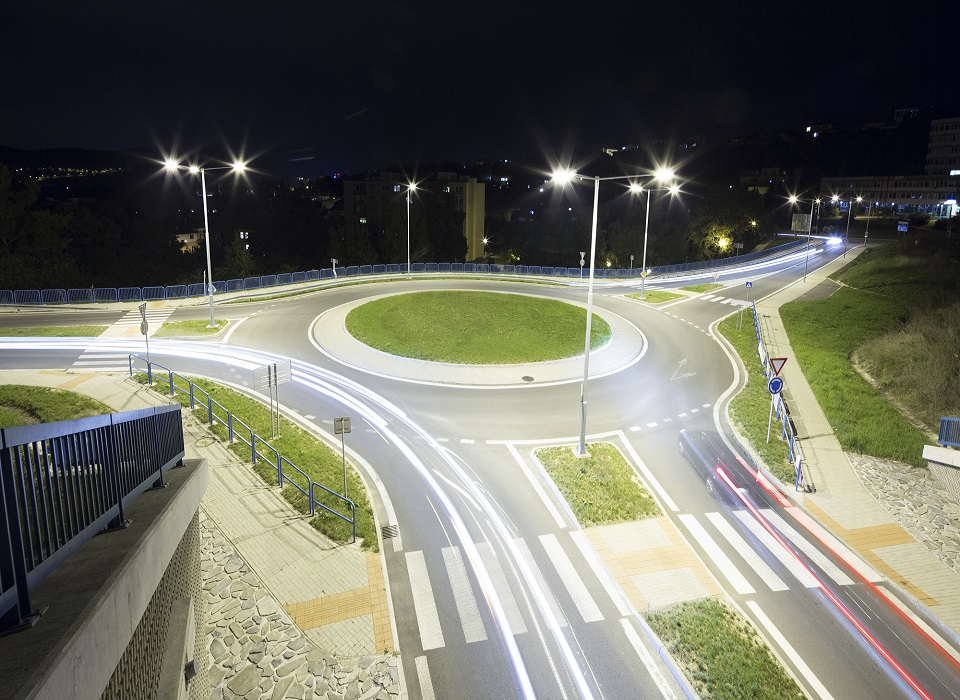Signify launched the upgraded portfolio of compact Philips Xitanium Sensor Ready Xtreme LED drivers with the recently granted D4i certification for wider adoption of IoT connectivity in lighting and aid smart city or building projects.

(Image: Signify)
By Q2 2020, Signify will also upgrade the complete non-isolated Philips Xitanium Dimmable Sensor Ready drivers portfolio for indoor applications to the new D4i standard, to facilitate the rapid market adoption of energy-saving technologies and drive standardization.
Launched by the Digital Illumination Interface Alliance (DiiA), the new standard’s specifications and requirements cover critical features including mechanical fit, digital communication, data reporting and power requirements. Qualification of this certification demonstrates plug-and-play interoperability of luminaires, sensors and communication nodes. Products with the D4i standard will enable smart, future-proof LED luminaires with IoT connectivity.
In addition to being relevant for outdoor drivers, D4i certification is also relevant for indoor drivers. It brings standardization to intra-luminaire DALI and defines how data relevant for connected lighting networks is stored and communicated. D4i extends the existing DALI-2 program by adding a standard for power supply to control devices such as sensors (DALI part 250). It also standardizes how drivers store and report data, including luminaire info (DALI part 251), energy metering (DALI part 252) and diagnostics (DALI part 253). This standardization enables luminaire manufacturers to create luminaires that can easily be integrated in connected lighting systems.
“The new D4i standard is an important step in the journey of connected lighting. Standardization helps to ensure that different elements of a system, such as luminaires, sensors and controls, work together seamlessly. As a result, more end-users can start to enjoy the benefits of connected lighting,” said Simone van Leeuwen, Product Manager LED Linear Drivers at Signify.





 CN
TW
EN
CN
TW
EN






